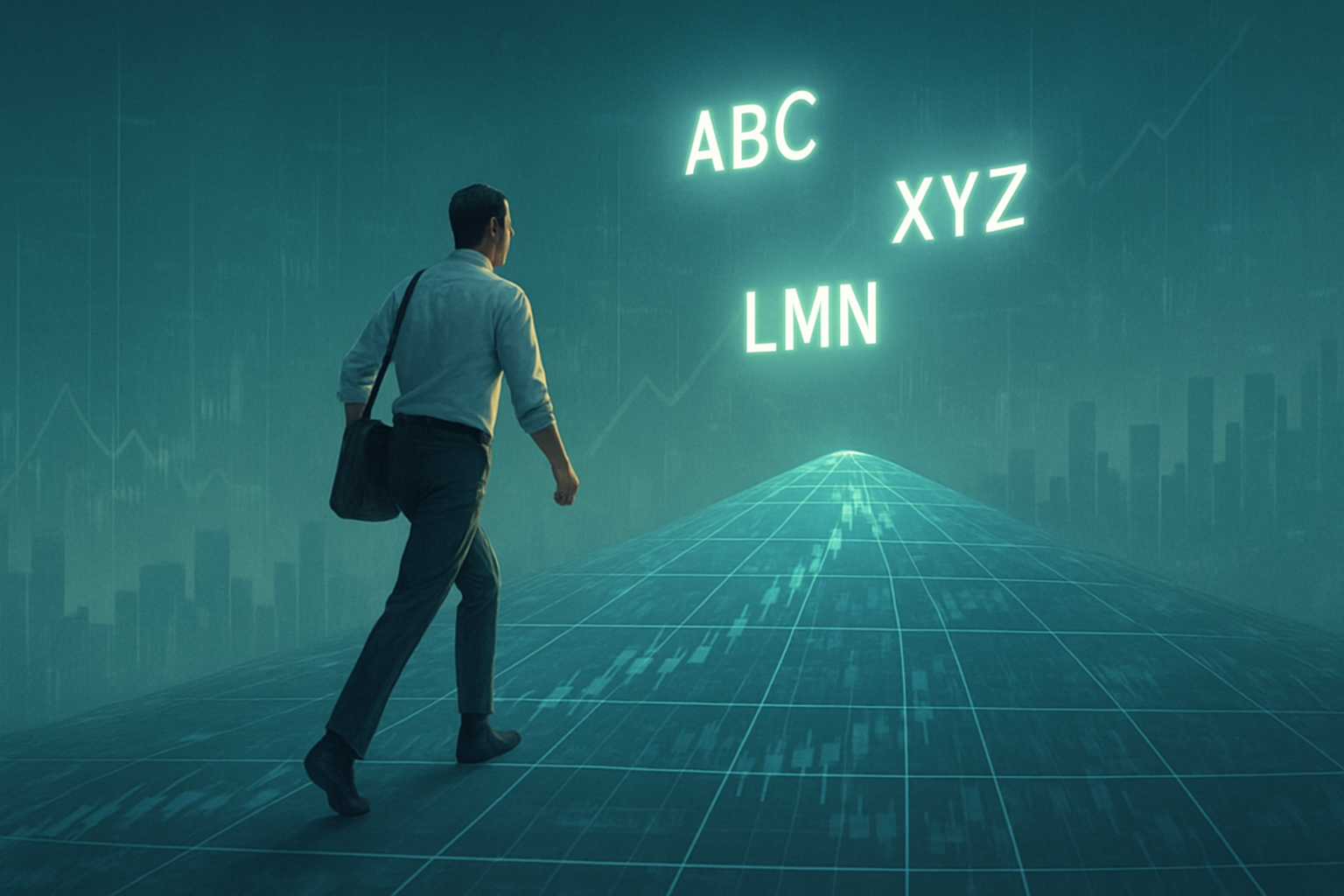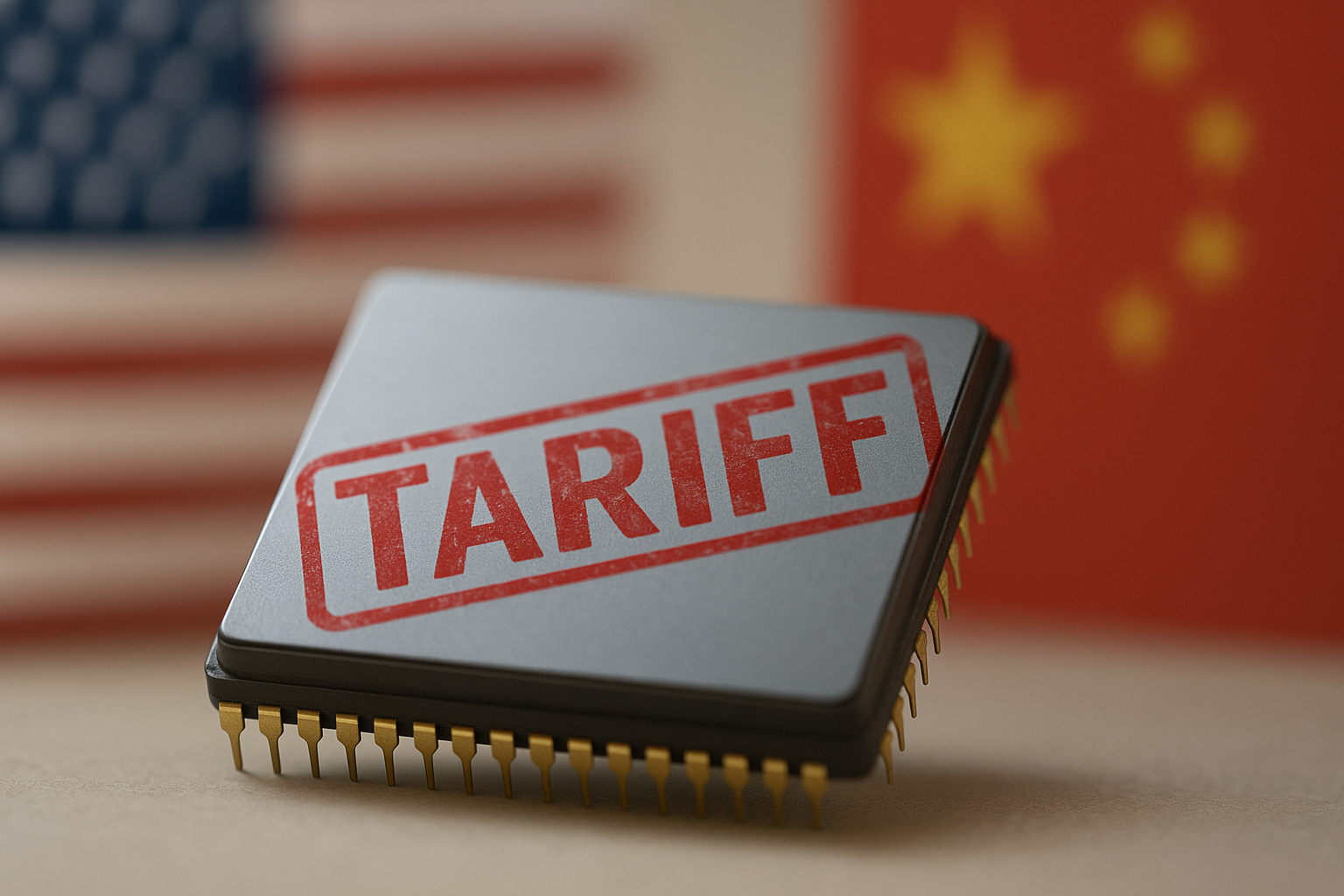In the weird world of retail investing—where fortunes are made and lost with a few mouse clicks—there's this feeling I've started calling "winner's remorse." You know it. That pit-in-your-stomach sensation when you see PLTR or ASTS taking off like rockets while your carefully chosen portfolio sits there... doing absolutely nothing special.
It's like watching someone hit the lottery with numbers you considered but didn't play. Except worse, because there are entire Reddit threads documenting everyone else's gains.
So what's next? That's the million-dollar question. Or billion-dollar, depending on your entry point. If we all knew the answer, we'd be comparing yacht sizes instead of trading tips online. But the market, for all its chaos, does leave breadcrumbs for those paying attention.
We're Riding the Innovation Wave (Again)
First, let's call what we're seeing what it is: we've entered another "innovation premium cycle." Unlike the everything-bubble of 2021—remember when a SPAC and a PowerPoint deck could make you an overnight millionaire?—today's market is being pickier. It wants actual disruptors, not just dreamers.
Looking at your holdings (MVST, RDW, JOBY, ACHR), you're clearly comfortable playing in the deep end of the tech pool. These are classic story stocks, where the narrative sometimes matters more than the balance sheet... at least until earnings day rolls around.
Follow the Smart Money
I've been tracking institutional capital flows for the past few quarters, and several themes keep popping up:
Semiconductor adjacent plays are looking particularly interesting. While everyone and their grandmother knows NVIDIA, the real opportunity might be in the less obvious corners. Companies supplying the critical equipment for chip manufacturing—think Aehr Test Systems or Axcelis—stand to benefit enormously from the AI-driven capex tsunami.
"The semiconductor supply chain is experiencing its most significant transformation since the 1990s," a portfolio manager at a major tech fund told me last week. "The companies making the tools that make the chips—that's where the sustained growth is."
Computational biology might be the sleeper hit of the next few years. Having covered biotech since the pandemic, I've watched the intersection of AI and genomics create entirely new approaches to medicine. Recursion Pharmaceuticals is applying machine learning to drug discovery in ways that might actually work (a refreshing change in an industry known for burning cash).
Beyond the Obvious Plays
The energy transition space is getting crowded, but... there's still room for winners. Look, everyone's piled into the obvious EV stocks, but the companies building the actual infrastructure for decarbonization—Fluence Energy or Stem in grid-scale storage—these are the picks-and-shovels of the green revolution.
And then there's specialized AI applications. While ChatGPT gets all the press, companies applying artificial intelligence to specific high-value problems are finding real commercial traction. I spoke with executives at several enterprise-focused AI firms who confirmed they're seeing sales cycles shorten dramatically compared to just a year ago.
The Truly Speculative Stuff
If you're willing to embrace serious risk (and I mean serious—the kind that makes your financial advisor develop a nervous twitch), a few names deserve attention:
AST SpaceMobile—yes, you mentioned it's already running, but their direct-to-smartphone satellite connectivity remains speculative enough that considerable upside exists if—and it's a massive if—they execute on their technical roadmap.
Rocket Lab is transitioning from small launch provider to end-to-end space solutions company. Their Neutron rocket development, combined with their spacecraft business, positions them as potentially the next major space prime contractor. The space economy is finally moving beyond the PowerPoint phase into actual revenue generation.
Planet Labs has built something remarkable—a massive satellite constellation producing daily imagery of every inch of Earth's landmass. What's fascinating (and overlooked) is how their data becomes exponentially more valuable as AI capabilities advance. It's a data moat that gets deeper every day.
Finding These Before Reddit Does
Rather than chasing specific tickers, maybe what's most valuable is developing a nose for these opportunities before they become Reddit darlings. From covering tech investments since 2017, I've noticed several patterns:
Technology inflection points create winner-take-most opportunities. When core technology costs drop below certain thresholds—like we're seeing with space launch or battery storage—entire new markets materialize.
Regulatory catalysts can reshape industries overnight. The Inflation Reduction Act's impact on clean energy stocks wasn't a surprise to those watching policy developments.
Talent migration is my favorite early indicator. When top engineers and executives start leaving established players for startups, something interesting is usually brewing.
Customer traction ahead of analyst coverage is the sweet spot. Companies showing revenue growth but minimal Wall Street attention? That's where multi-baggers hide.
The most promising candidates typically sit at the intersection of multiple durable trends. Be wary of the company with nothing but a fancy pitch deck and a CEO who sounds like they're auditioning for a TED talk.
A Necessary Reality Check
A bit of tough love here: for every PLTR or ASTS, dozens—no, hundreds—of promising tech companies fade into penny stock oblivion. Position sizing matters enormously in speculative waters. Even the most promising moonshots should represent a manageable portion of your portfolio.
Timing is also brutally important (and impossible to predict perfectly). Many of today's winners were yesterday's disappointments, languishing for years before their moment arrived. PLTR traded sideways for what felt like forever before its recent run. Patience remains the most undervalued asset in retail portfolios.
The next big thing probably isn't hiding—it's hiding in plain sight, waiting for the right conditions to bloom. And by the time your brother-in-law is telling you about it at Thanksgiving dinner, the truly life-changing returns are often already behind it.
Which, of course, is exactly why we keep playing this peculiar, frustrating, occasionally miraculous game.




